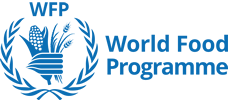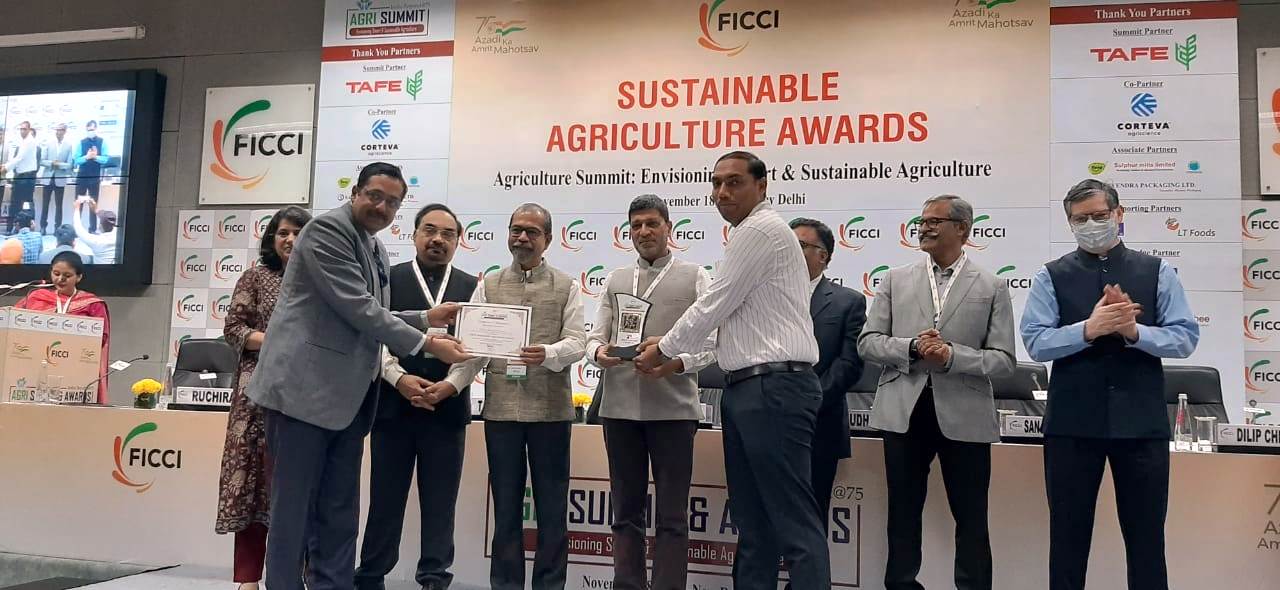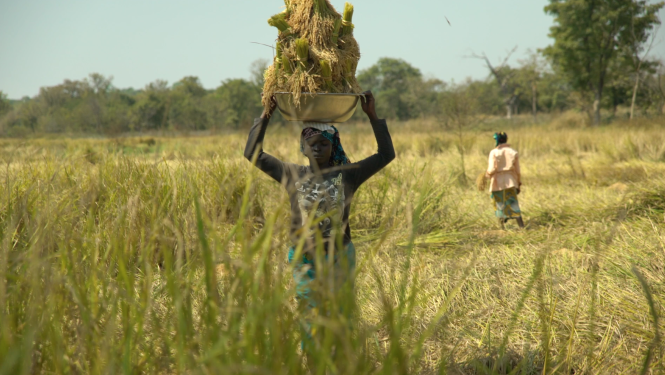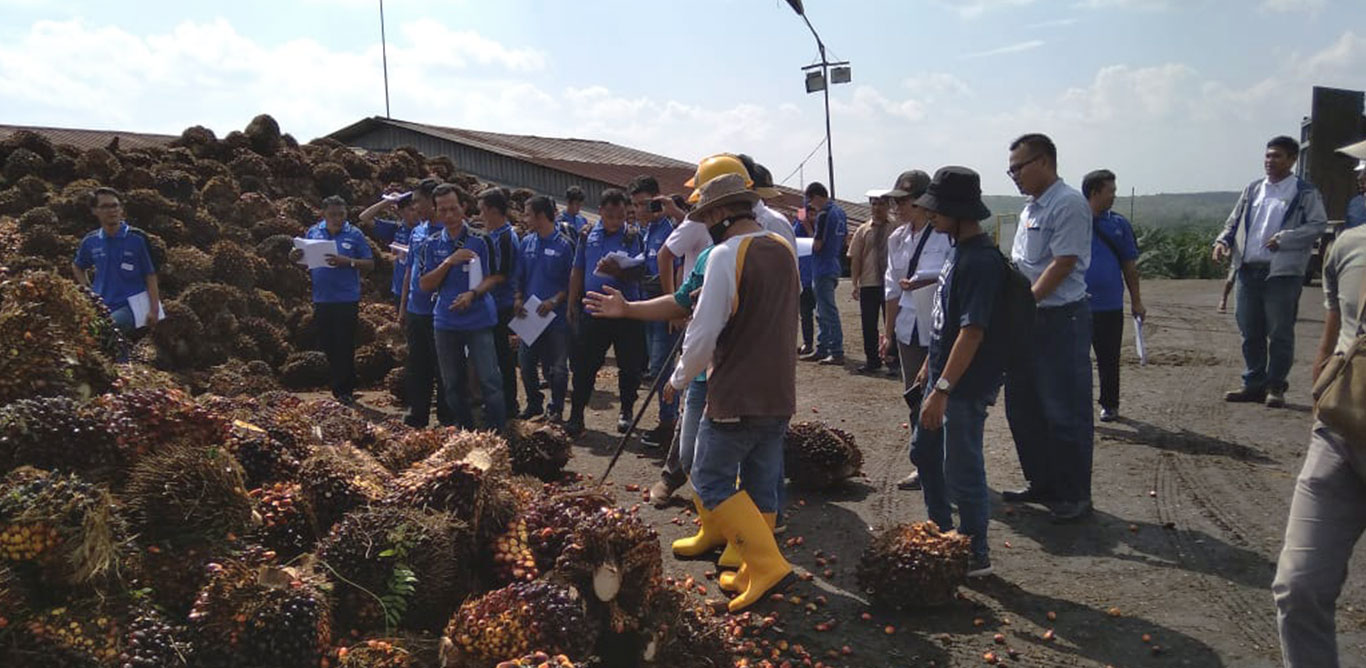Our work
Sponsored by the Foundation in partnership with The World Food Programme, the program aimed to enable women's farmer organizations in south and central Mali to engage more actively in commercial agriculture. By providing agricultural and cooking tools, it looked to improve the productivity and self-sufficiency of female-run farms, and thus reduce gender inequalities. It also provided women with training to help them operate their farms more effectively, including literacy classes, accounting, post-harvest management and agricultural techniques.
Key Impacts
Machinery provided to women farmers included millers, ploughs and oxen, and cultivators, allowing increases in plot performance and productivity while reducing reliance on male farmers, traditionally the equipment holders. The equipment also allowed women to earn extra income by renting out their equipment to community members for a small service fee. This additional revenue was used to maintain the equipment and run farmer organizations, membership of which has increased, building additional self-sufficiency and community empowerment. Forty-nine training sessions were delivered, focusing on various topics such as agricultural techniques, post-harvest handling and quality standards, aiming to make women farmers more self-reliant.
About our partner

The United Nation's World Food Programme (WFP) is the largest humanitarian agency to fight global hunger. Funded entirely by voluntary donations from governments and foundations, WFP is the UN's food aid arm, and a key instrument in promoting food security. This initiative is part of the WFP’s initiative Purchase for Progress (P4P), which connects smallholder farmers to markets by leveraging WFP's procurement, and invests in capacity building at a country level to yield sustainable results to boost national food security over the long term.
Project duration
2013 - 2014
Our fields used to be sown too late in the season and a lot of the crop got spoiled. Now, with the machinery acquired, we can harvest our fields in time and more cost effectively, yield have improved and production is more easily transported for collection. We have also set up a shared fund to pay the maintenance costs of the machinery, as well as the salaries of millers and machinery drivers.
Mamou Coulibaly President of the Benkola Cooperative, Wacoro Dioila





